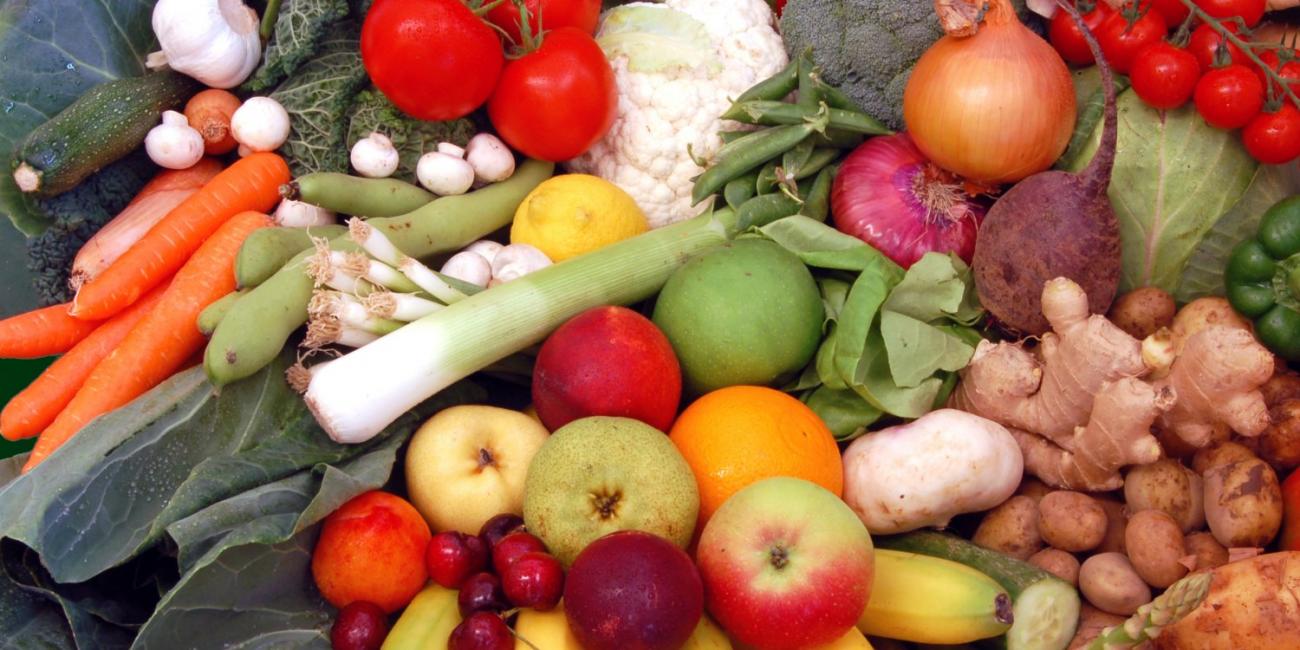Cancer Prevention, Naturally
Take note of the following tips, and scroll to the bottom for delicious recipes.
Each year in the US, more than 500,000 people die from cancer. Research shows that there are things you can do to reduce your risk.
- If you smoke, stop.
- Increase your physical activity, and avoid intense sun exposure.
- Reduce your consumption of alcohol and red meat, and add more fruits and vegetables to your diet.
By adopting these healthy lifestyle changes, up to 60 percent of cancer deaths could be prevented.
A healthy diet is another key to reducing cancer risk. Fill at least two-thirds of your plate with vegetables, fruits, whole grains, and beans. Enjoy plenty of the cancer-fighting foods at right, and try one of these tasty (and healthy) recipes:
Kale with Carrots
Reprinted with permission from The Cancer-Fighting Kitchen: Nourishing, Big-Flavor Recipes for Cancer Treatment and Recovery by Rebecca Katz with Mat Edelson (Celestial Arts, 2009).
35 minutes prep time | Serves 4
You'll need:
- 4 cups stemmed and chopped curly kale, in bite-size pieces
- 2 Tbsp extra-virgin olive oil
- 1 red onion, cut into half moons
- Sea salt
- 2 carrots, peeled and diced small
- 3 cloves garlic, minced
- 1 tsp minced fresh ginger
- 2 Tbsp freshly squeezed lemon juice
Directions:
- Cover kale with cold water and set aside.
- Heat olive oil in a large, deep saute pan over medium-high heat. Add onion and pinch of salt and saute for 3 minutes. Decrease heat to low and cook slowly until onions are caramelized, about 20 minutes.
- Increase heat to medium. Add carrots, garlic, ginger, and a pinch of salt. Saute for 3 to 4 minutes, until carrots are tender. Drain kale and add to pan along with a scant 1/4 teaspoon of salt.
- Saute until greens turn bright green and wilt, about 3 minutes. Test greens; you may need to add 1 tablespoon of water. Continue cooking, covered, until they become just a little more tender, 2 to 3 minutes.
- Drizzle on lemon juice and stir gently. Serve immediately.
Notes: The longer the lemon juice sits on the greens, the more the greens will lose their beautiful color. Wait to add the lemon juice until just before serving. If you can’t find curly kale at the market, any kale will do. Or substitute spinach, Swiss chard, collard greens, mustard greens, or any other leafy green.
Per serving: 120 Calories; 7.6 g Total fat (1.1 sat, 5 g mono); 14 g Carbohydrates; 3 g Protein; 3 g Fiber; 125 mg Sodium
Spring Tuna Salad
From the American Institute for Cancer Research, www.aicr.org
20 minutes prep time | Serves 2
You'll need:
- 1 (6 oz) can water-packed albacore tuna
- 3/4 cup finely chopped Honeycrisp, Gala, or Fuji apple
- 1/2 cup finely chopped green bell pepper
- 1/2 cup finely chopped scallions, green and white parts
- 2 Tbsp fresh lemon juice
- Salt to taste
- Ground black pepper
- 1 Tbsp canola oil
- 1/3 cup chopped fresh dill
- 2 tsp grated lemon zest
- 4 butter or Boston lettuce leaves
- 4 slices European cucumber
- 2 lightly packed c watercress sprigs
Directions:
- In a mixing bowl, finely flake tuna with a fork.
- Mix in apple, green pepper, and scallions. Add lemon juice and salt and pepper to taste. Toss to combine. Mix in canola oil. The salad may be covered and refrigerated for up to 4 hours.
- When ready to serve, mix in dill and lemon zest.
- Line 2 salad plates each with 2 lettuce leaves. Add 2 cucumber slices. Mound one-half of tuna salad on each plate. Surround with watercress sprigs. Serve.
Per serving: 220 Calories; 10 g Total fat (1 g sat); 12 g Carbohydrates; 22 g Protein; 3g Fiber; 55 mg Sodium
“AICR’s Foods That Fight Cancer,” www.aicr.org
“Can Pomegranate Pills Fight Prostate Cancer?” by Charlene Laino, 2/17/11; “Pomegranates May Fight Breast Cancer” by Jennifer Warner, 1/5/10; “Seven (Easy to Find) Foods That May Help Prevent Cancer” by Elizabeth Lee, www.webmd.com, 9/30/09
“Pomegranate Juice May Help Fight Lung Cancer,” www.sciencedaily.com, 4/27/07

